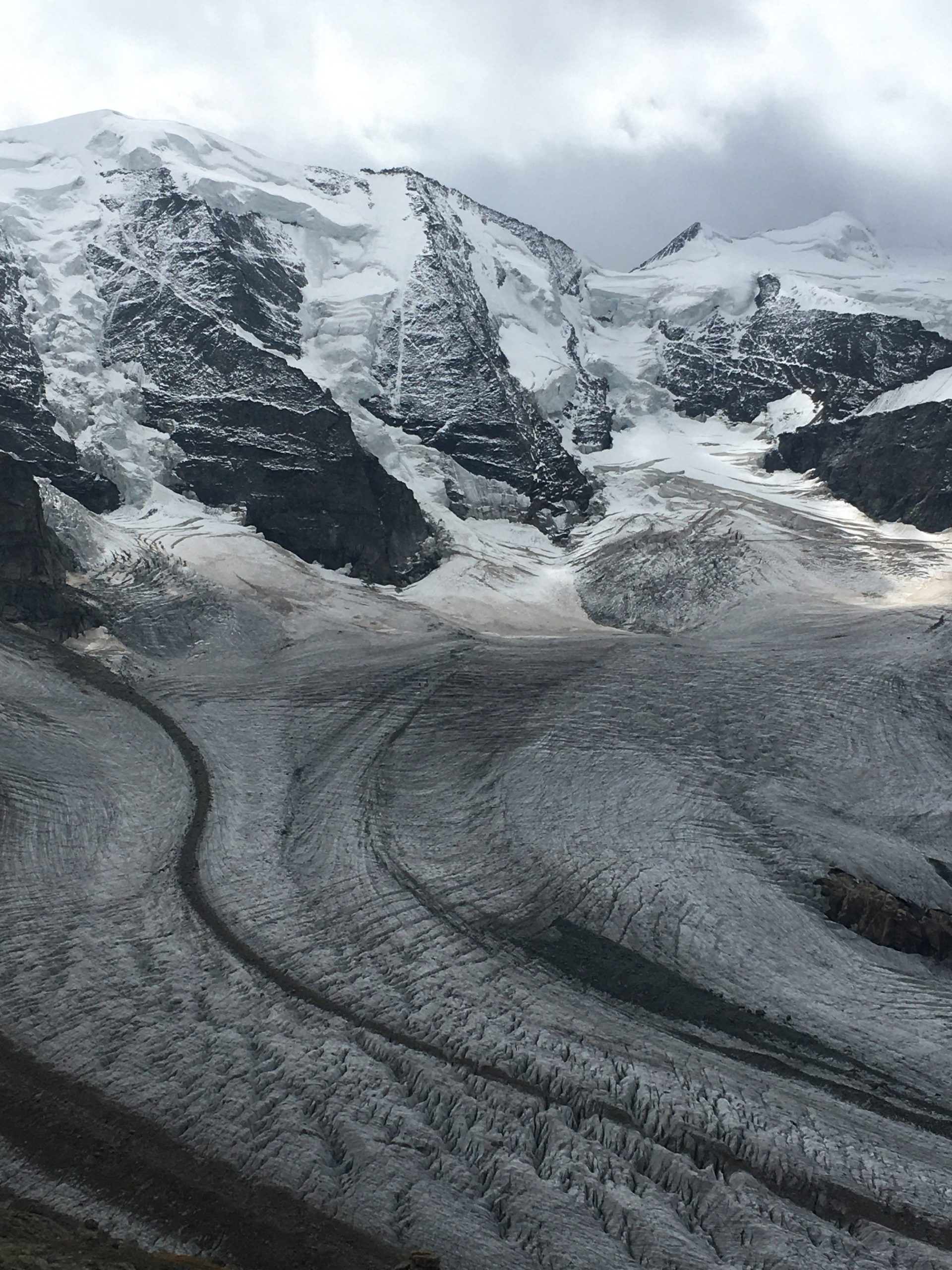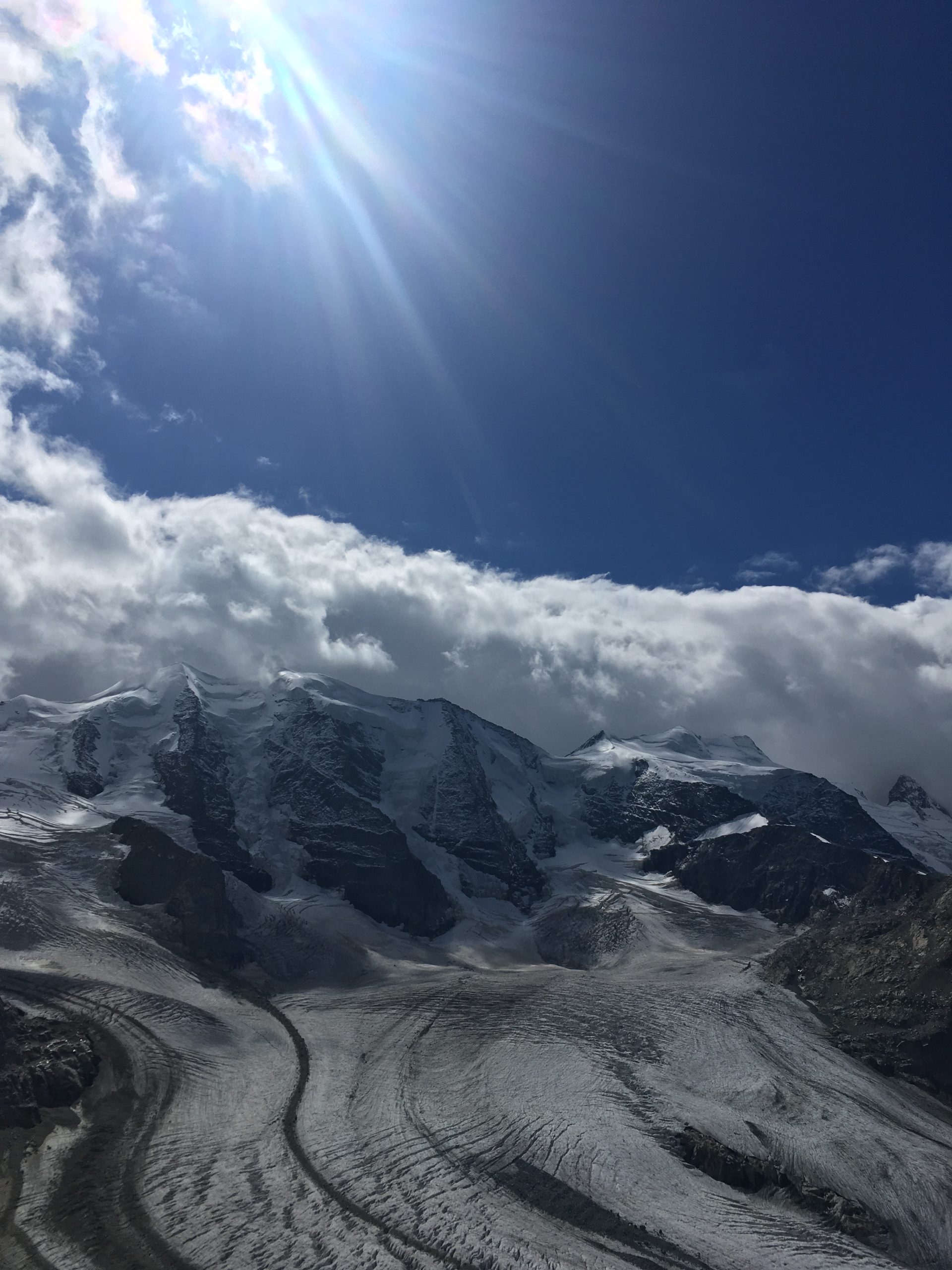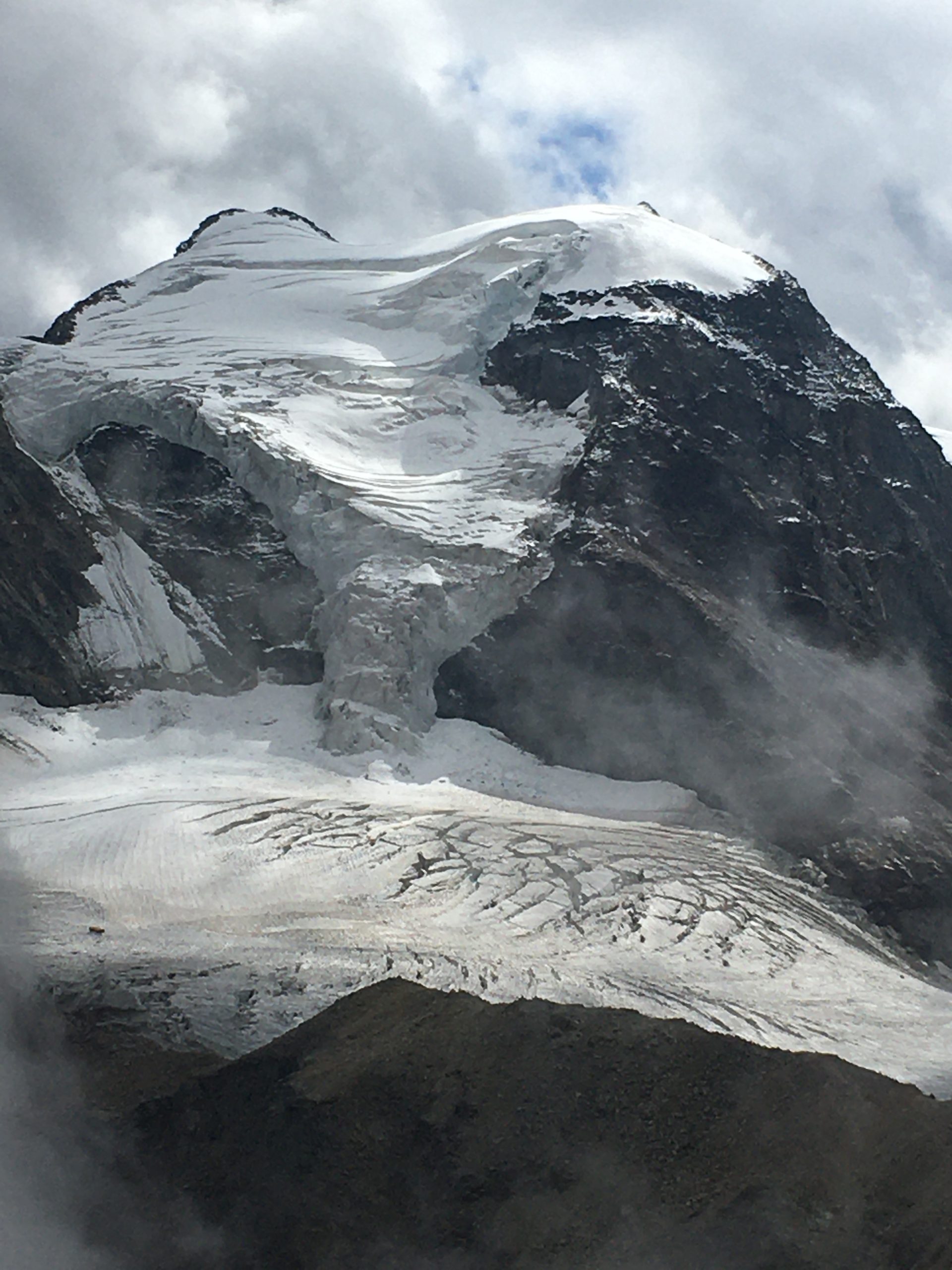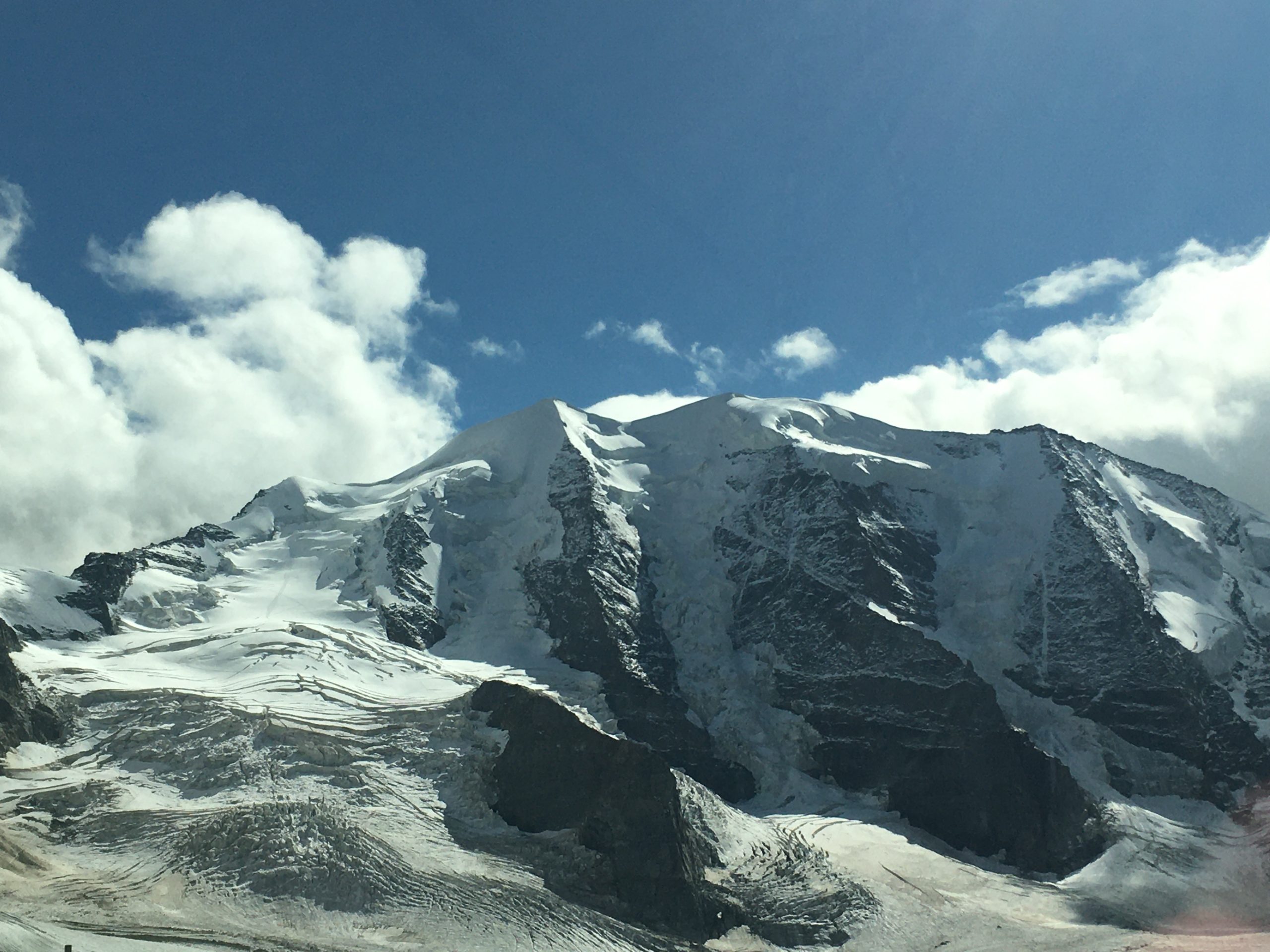As much as societies try to push death to the margins of our perceptions and life in general, death remains a universal and yet personal topic: Death, loss, grief, bereavement can mean darkness and hopelessness as we are trying to make sense of someone or something ceasing to exist. If you find yourself overwhelmed or in search for someone to talk through difficult feelings, emotions or thoughts, SLU’s Student Health Centre offers you support. Contact them here.
“‘We need to find our way again with death. To be human is to be mortal, and to be mortal is to love, live and die amidst the lives of everyone around you on the island or in the city. And to embrace rather than deny our mortal fate.‘“
(Toolis 2018 in Sallnow et al. 2022: 854)
Sallnow, L., Smith, R., Ahmedzai, S. H., Bhadelia, A., Chamberlain, C., Cong, Y., Doble, B., Dullie, L., Durie, R., Finkelstein, E. A., Guglani, S., Hodson, M., Husebø, B. S., Kellehear, A., Kitzinger, C., Knaul, F. M., Murray, S. A., Neuberger, J., O’Mahony, S., Rajagopal, M. R., Russell, S., Sase, E., Sleeman, K. E., Solomon, S., Taylor, R., van Furth, M. T., Wyatt, K. (2022). Report of the Lancet Commission on the Value of Death: bringing death back into life. Lancet. 399, 837-84.
Sallnow, L., Smith, R., Ahmedzai, S. H., Bhadelia, A., Chamberlain, C., Cong, Y., Doble, B., Dullie, L., Durie, R., Finkelstein, E. A., Guglani, S., Hodson, M., Husebø, B. S., Kellehear, A., Kitzinger, C., Knaul, F. M., Murray, S. A., Neuberger, J., O’Mahony, S., Rajagopal, M. R., Russell, S., Sase, E., Sleeman, K. E., Solomon, S., Taylor, R., van Furth, M. T., Wyatt, K. (2022). Report of the Lancet Commission on the Value of Death: bringing death back into life. Lancet. 399, 837–84.
“Although not always welcome, death has inescapable purpose and value. The realistic utopia recognises that death allows for birth, growth, and change: without death, civilization would be unsustainable. Furthermore, the value in being with people who are dying is understood. By giving time, attention, and compassion as people die, we connect with them and with our shared fragility, pushing us to acknowledge our interdependence and understand what is at the core of human relationships.” (Sallnow et al. 2022)
Journey to the Microcosmos (ed.) (2020). This Ciliate Is About to Die. [Video]. https://www.youtube.com/watch?v=ibpdNqrtar0 [23-01-08]
Celeris (ed.) (2019). Death of the Sun | Future Timeline of the Solar System. [Video]. https://www.youtube.com/watch?v=dI7fGSGvX08 [23-01-08]
Total Timelapse (ed.) (2020). Timelapse – Dying Flowers Compilation, Beautiful But Sad. [Video]. [23-01-08]
Advaya (ed.) (2021). What do you do when there is no hope? A talk with Bayo Akomolafe & Toni Spencer. [Video]. [23-01-10]
Practice: Learning from Dying Glaciers




This is the Corvatsch glacier in Switzerland, photographed on September 15, 2022, a Thursday. I remember being up there in the mountains, looking through field glasses zooming into a landscape of death: The thick ice with its rough structure thinned away, meltwater constantly dripping into small streams at the glacier’s edges. Just this year, scientists had to acknowledge that the ice melts so quickly that the glacier can no longer be measured (SDA 2022). I was seeing 7000 years old ice dying, I saw it, I felt it – as people do around the globe experiencing the loss of glaciers in Iceland and elsewhere (Provant & Carey 2022).
Now looking back on this day last September I am asking you and me: How much is this glacier’s death our death, if any universal us exists at all? How much are we causing it to die but are yet safely tucked away without ever being exposed to its ceasing? Does this distance make us care less? And if so, which responsibility does it bring to be privileged enough to have witnessed its disappearance? Is witnessing it dying any different from knowing about its death as most of us are aware of glaciers shrinking? Have I changed after seeing it die, do I even remember it? Am I letting death into my life? Or, was I not more than a passive observer spying through field glasses on a scenery, somehow relieved by the distance between the glacier and myself? Do I acknowledge that the Corvatsch’s death is my death, too, and that of many more to come as well? Where do I place myself in this story of immeasurable loss? And where do I place the so-called others, the plants, the animals, the climate, the elements, all that which is not human? How do they perceive this death? Do they even still exist or are they gone already? In this life, how do I, how do you relate to death?
